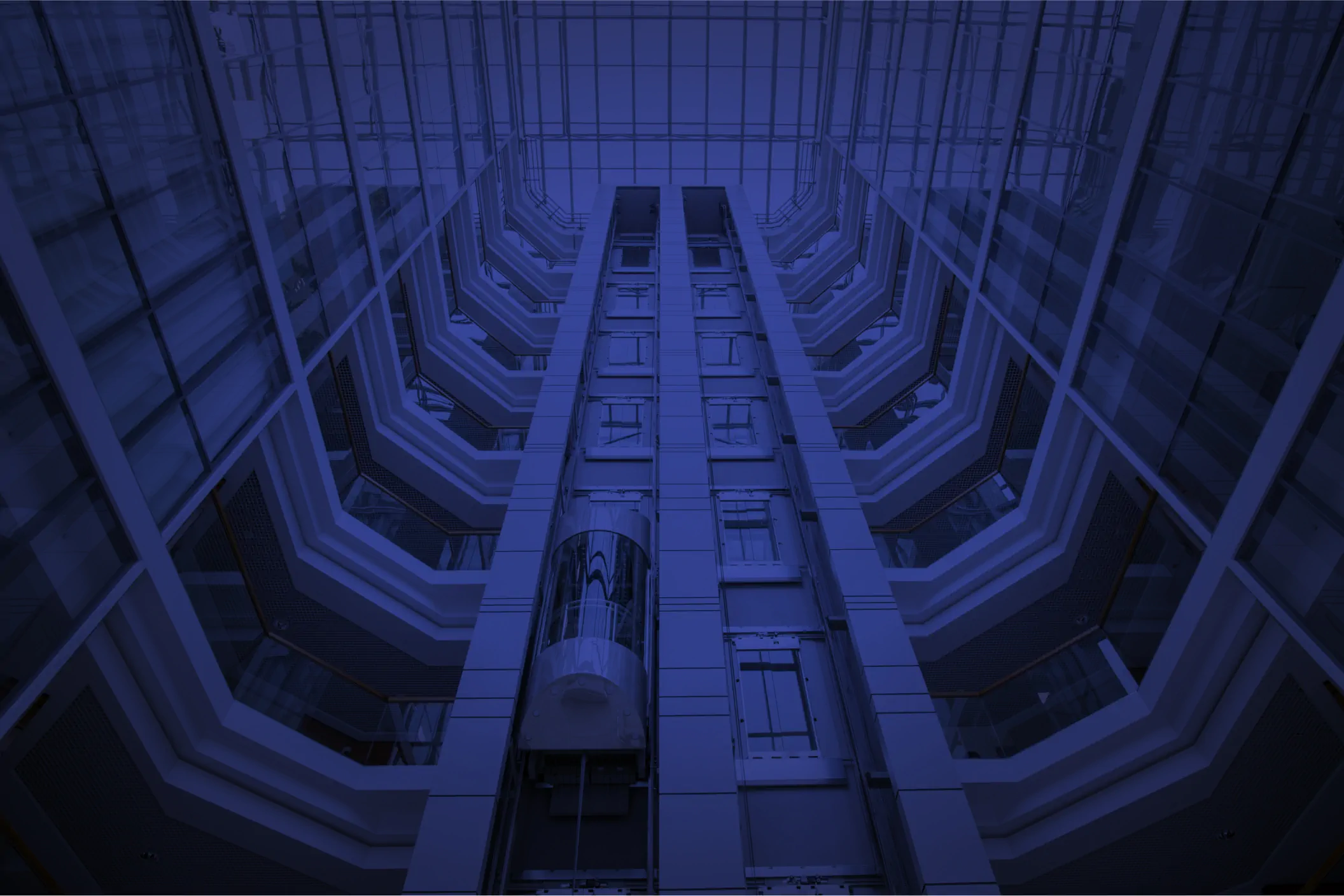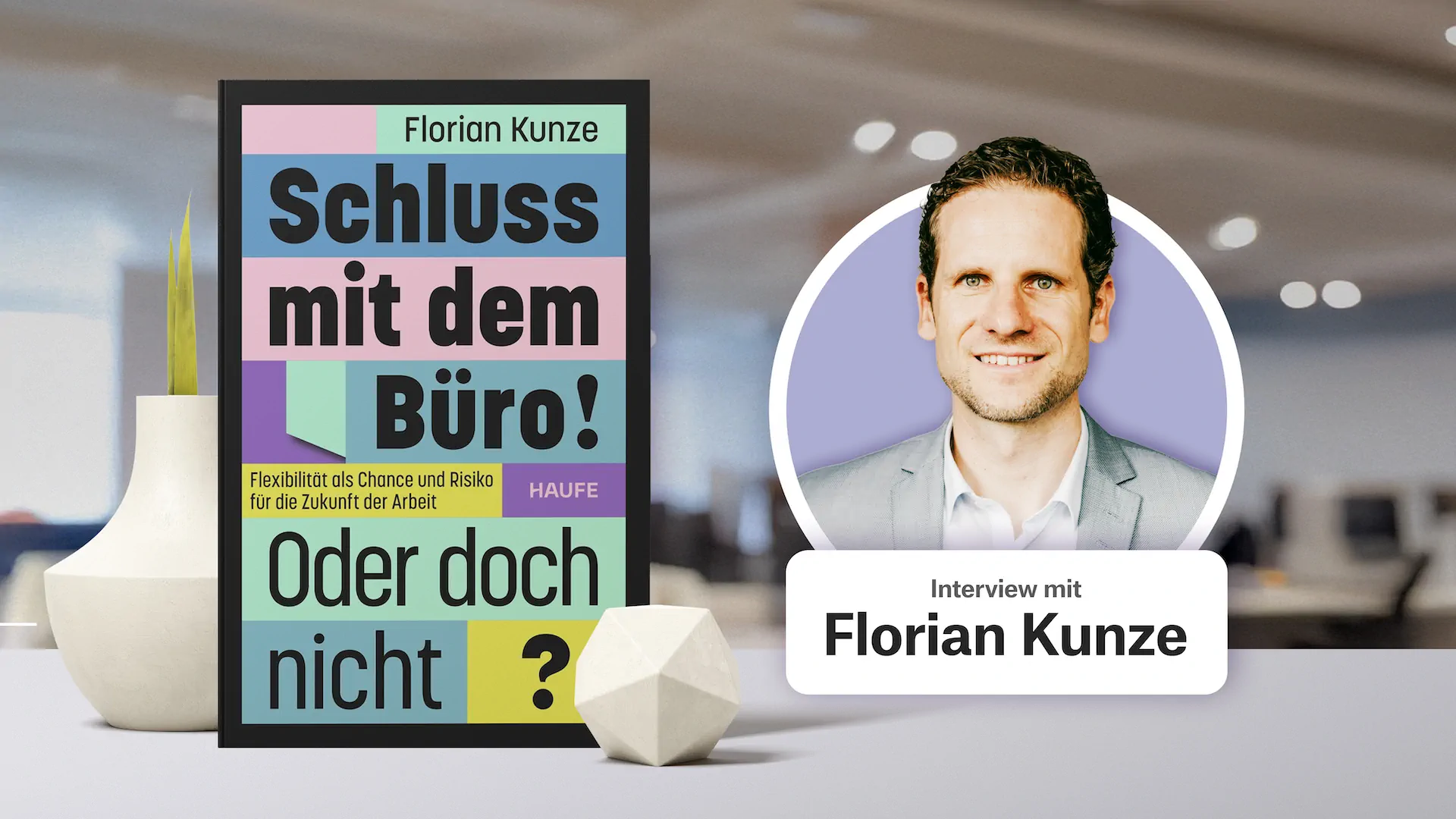
Check-in to productivity: redefining workspaces with the hotel concept
In today's business world, workplaces are undergoing a revolution in design and operation. The traditional static, desk-bound work environment model is a thing of the past, replaced by dynamic, flexible spaces modelled after the hospitality sector. Welcome to the "Workplace as a hotel" concept, a global trend reshaping the office's future.
But what's behind this new trend?
The term "Workplace as a hotel" refers to transforming workplaces into spaces that offer comfort, convenience, and a wide range of amenities - much like...a hotel.
Sounds too good to be true? Not for the new world of work!
Granted - you won't (probably) find a jacuzzi in your public restroom. However, the idea is to create a more productive and satisfying work environment, boosting employee performance and satisfaction by taking advantage of the office space.
So, sit back, relax, and let's explore the details of this intriguing concept and its implications for the future of work.
The evolution of the workplace
It goes without saying: the past few years have made a dent in the workplace concept. The old (and a bit stale) view of the static office, a physical space where employees come to work, is no longer valid. Today, the office is a strategic tool that can significantly influence a company's performance. But this transformation, contrary to common knowledge, has been in the making for the past 50 years.
In the 1970s, there were rigid hierarchies and traditional office spaces, but today, we see more flexibility and technology-driven changes. Personal computers in the 1980s led to remote work and increased efficiency. The rise of the internet in the 1990s fundamentally changed communication and collaboration. In the 21st century, cloud computing, smartphones, and video conferencing have made remote work mainstream, allowing employees to work from anywhere. There is an increasing focus on work-life balance, diversity, and inclusion, reflecting a more inclusive and dynamic workplace culture.
We also saw many technological advancements, and our expectations as employees changed. We could take advantage of new, accessible tools, like desk booking apps, working from home was more achievable than ever, and we re-discovered the importance of work-life balance.
As a result, businesses have had to rethink their workplace strategies to attract and retain the best talent, leading to the development of flexible working policies and bringing about changes in office design and operation.
Workplace as a hotel: the concept
But how does an office "become" a hotel?
This idea involves transforming the office into a space that provides all the convenience, comfort, and amenities of a hotel. The goal is establishing a work environment that fosters excellence and empowers employees to reach their full potential.
This approach requires businesses to view their employees as 'internal customers' and the workplace as a 'service.' Just as hotels strive to provide a memorable experience for their guests, businesses seek to create a distinct and enjoyable experience for their employees. This includes providing amenities like comfortable lounges, cafes, game rooms, and even nap pods - all designed to boost productivity and enhance the employee experience.
What are the benefits?
The 'Workplace as a hotel' approach offers a host of benefits.
- Firstly, it enhances employee satisfaction.
By providing a workplace that caters to their needs and comfort, businesses can make their employees feel appreciated and valued. And in turn, it can lead to increased job satisfaction, higher retention rates, and improved team morale.
- Secondly, this concept can boost productivity.
Research has shown that employees are more productive when they work in an environment that promotes well-being. Businesses can create a conducive environment that facilitates creativity, focus, and productivity by offering amenities like comfortable furniture, natural lighting, plants, and quiet zones.
Furthermore, by providing facilities like gyms, healthy food options, and relaxation areas, businesses can support their employees' health and wellness, further enhancing productivity and reducing absenteeism.
What's going to happen to the classic offices?
As work dynamics evolve, we can expect workplaces to become even more flexible, adaptive, and employee-centric. We're likely to see more businesses adopting this concept, transforming their offices into spaces that serve functional needs and provide a unique, pleasing experience that aligns with their culture and values.
Furthermore, as the focus on employee well-being continues to grow, we can expect the 'Workplace as a hotel' concept to converge with other emerging trends, such as biophilic design (incorporating natural elements into the office design), wellness technology and smart workplaces. These developments could redefine how we perceive and experience the workplace, setting new office design and operation standards.
Are you looking for a tool to manage your hybrid office and teams efficiently?
Start a free trial of the deskbird app and discover amazing features such as desk and room booking, workplace analytics, week planning, and much more!
Frequently Asked Questions







.webp)

_11zon.webp)